PEOPLE
Questions
- Introduction to Your Farm: Where is your farm located? Can you tell us about the size and history of your farm?
- Sustainable Farming Practices: What kind of farming methods do you employ? Please elaborate on your environmentally friendly practices.
- Crops: What main crops do you grow, and why did you choose these crops?
- FutureVisions: Do you have any new plans or projects coming up for your farm?
- Relationship with Choro Koji Fermentation: How do you collaborate with our company? What impact has this partnership had on your farm?
Ekoto
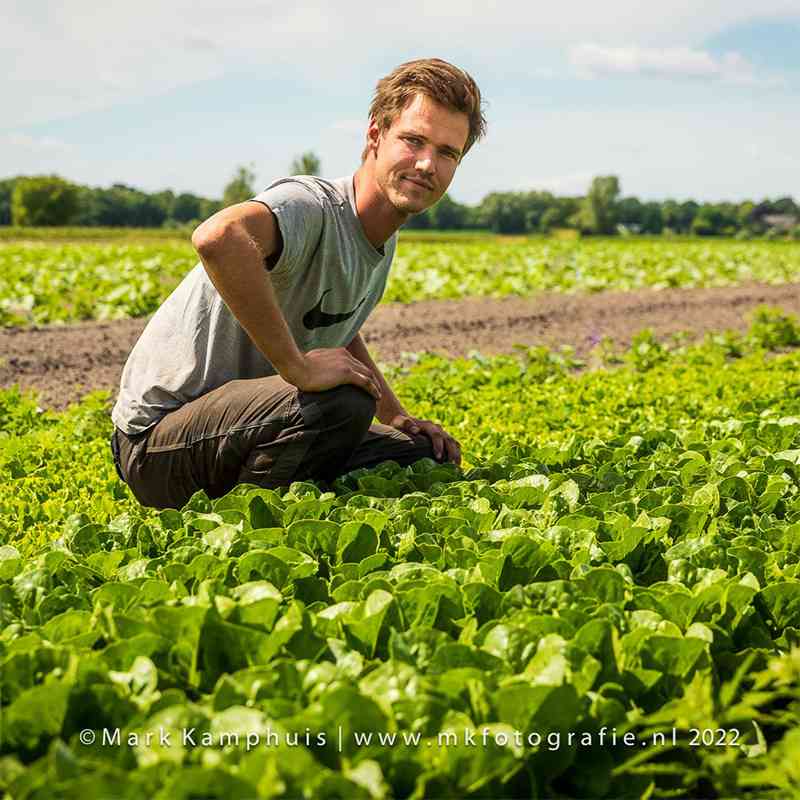
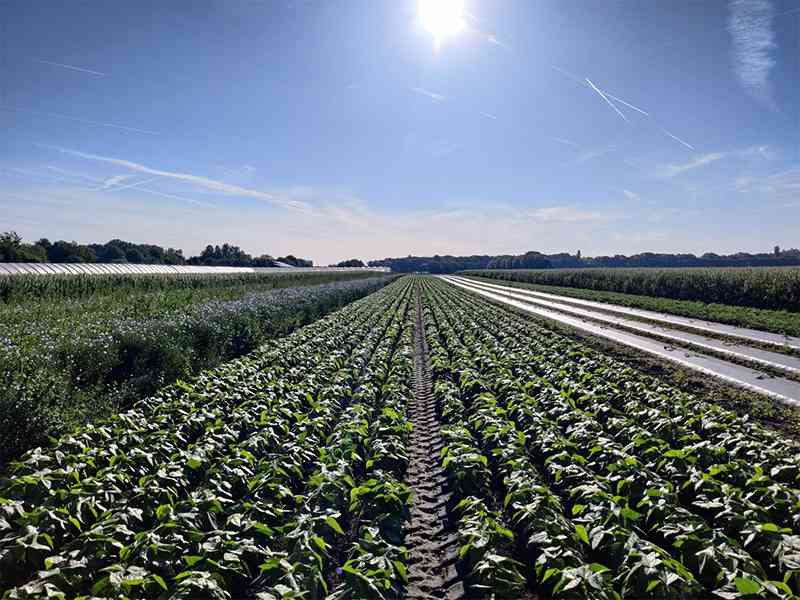
1) Ekoto’s Farm is situated near Breda in Etten-Leur, in the south of the Netherlands. Ivar, the third generation to farm this land, manages our diverse 11-hectare farm, where we cultivate everything from vegetables and grains to herbs.
2) At Ekoto Farm, we practice strip-cropping, where a new crop is planted every 6 meters. This method boosts biodiversity and naturally prevents pests and diseases.
3) We cultivate a variety of vegetables, including pumpkins and zucchinis, along with grains like oats, barley, and buckwheat. Our farm also features six heirloom bean varieties crucial for crop rotation and both culinary and native herbs.
4) Following Ivar’s serious injury last year, the farm is transitioning in management. We’re charting a new path forward, which requires patience and time as we strive to work harmoniously with nature and achieve perfection.
5) Our partnership with Choro Koji Fermentation has been transformative. It’s a collaboration we never expected here in the Netherlands. Choro Koji supports our natural farming practices, our vision for a shortened supply chain, and our fair pricing model. By coordinating before the planting season, we can plan for a diverse crop yield that we know will be utilized effectively in your products.
Where beans bloom, biodiversity begins.
NL-Soja
1) Our farm is situated in Noordoostpolder, Flevoland. We pioneered organic soybean production in the Netherlands in 2022, participating in crop rotation with other organic farmers locally. We rent plots for soybean cultivation, which benefits subsequent crops through nitrogen fixation due to soybeans being leguminous. In 2024, we cultivated 5.5 hectares of organic soybeans, and we plan to increase this to 7-10 hectares in 2025.
2) We exclusively cultivate organic soybeans, avoiding all chemical pesticides and fertilizers. Weed control is managed mechanically and manually, and our storage practices are also chemical-free.
3) NL Soja BV specializes in cultivating Dutch soybeans and producing soy-based products such as tempeh, tofu, soy sauce, and natto. Our choice to focus on soybeans stems from personal experiences with soybean farming in Eastern Europe during the 1990s, where I managed over 100 hectares. With my son completing his agricultural education in 2022, it was the perfect time to realize our longstanding vision for local, sustainable soybean production for human consumption.
4) Our goal is to become a leader in local organic soybean production in the Netherlands and to expand the processing of our soybeans for direct human consumption.
5) Our partnership with Choro Koji Fermentation aligns with our vision of engaging with the artisanal, small-scale, and local processing industries. Our strong relationship with Hiro is built on a shared commitment to sustainable food processing. Collaborating with CKF to create distinctive soy sauce from our organic soybeans has not only fostered the growth of NL Soja but has also enhanced consumer awareness of the unique potential of Dutch soybeans for human consumption.
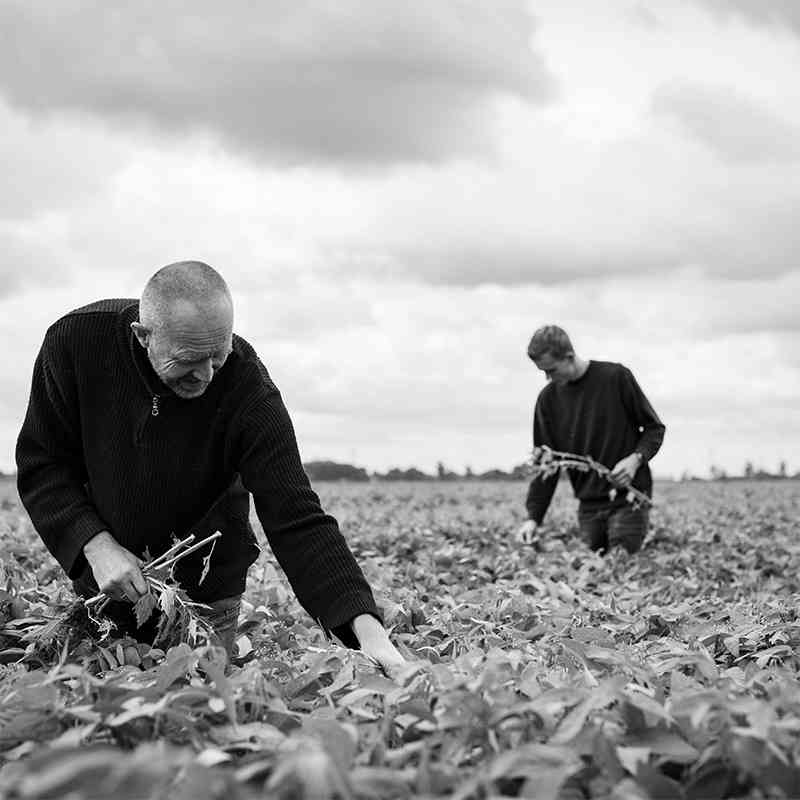
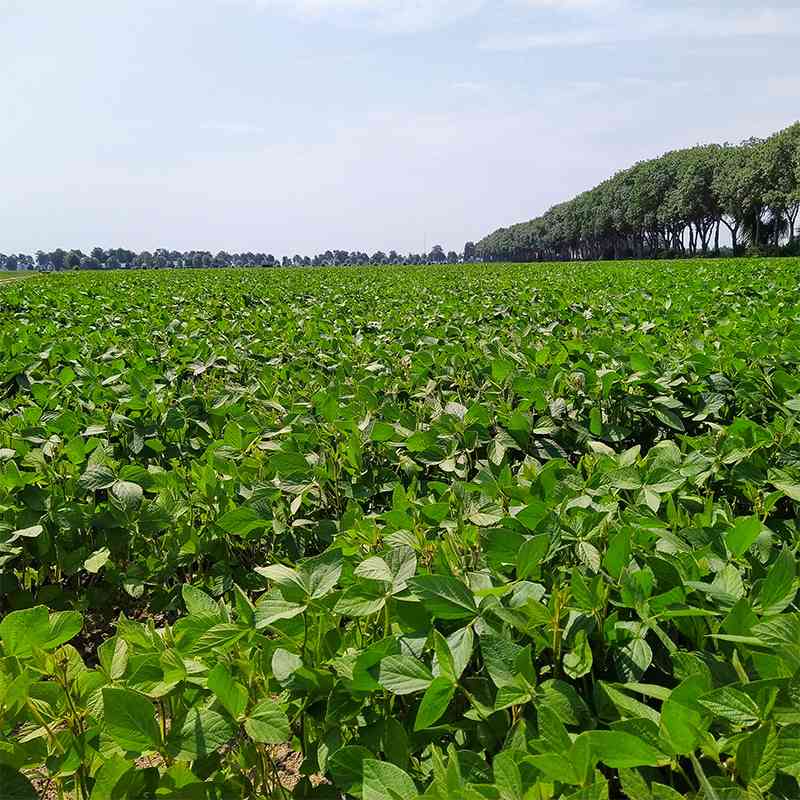
Zonnespelt
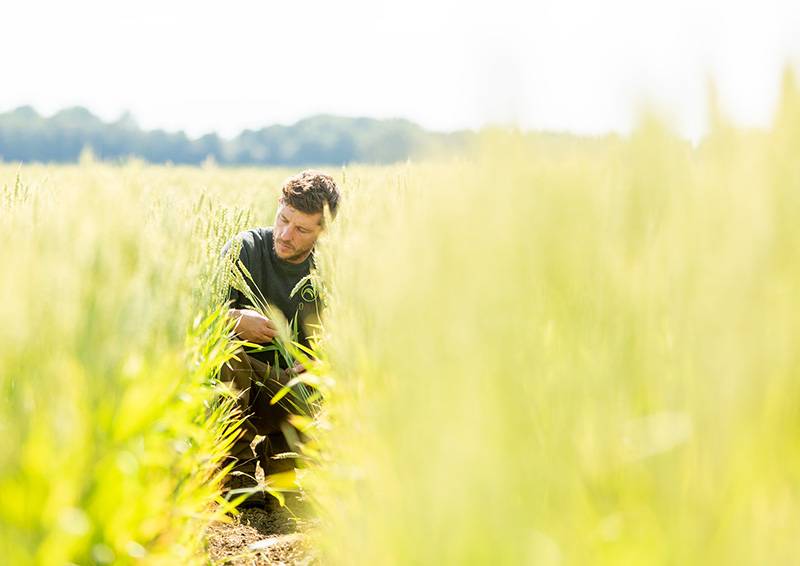
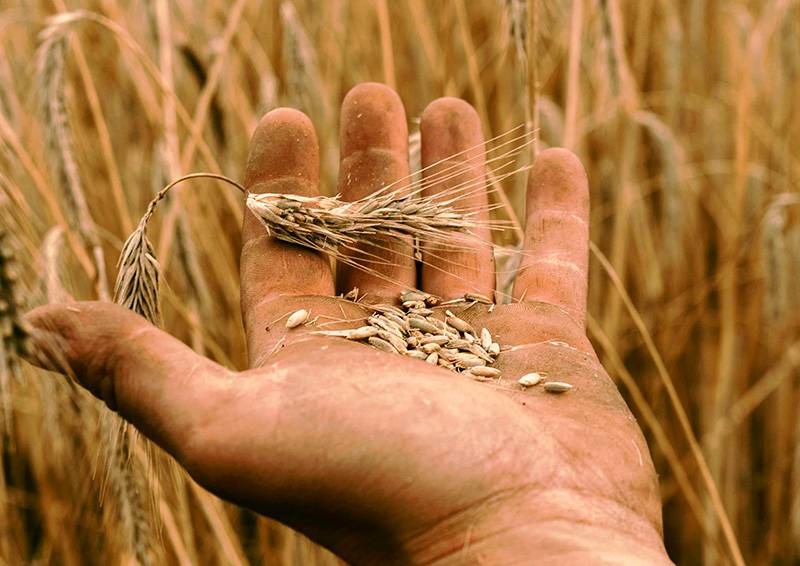
1) Zonnespelt began operating ten years ago on De Zonneboog, a pioneering biodynamic farm established in 1970 in the Flevopolder. It was one of the first organic and biodynamic farms in the area. Over the years, it has expanded to about 150 hectares, cultivating at least 15 different types of crops annually. We also raise cows; the straw from our grains is used for bedding, and their manure is returned to the fields. During summer, our cows graze in the forest.
2) Our farm is biodynamic and focuses on the local food chain. We utilize cow manure to fertilize our crops and recycle waste products by collaborating with neighboring farms. For instance, leftover grains from cleaning are sent to De Fruittuin in Amsterdam as chicken feed, and organic waste from peeling is used by an organic chicken farmer. This circular approach ensures that all outputs, like manure, are eventually returned to our fields for vegetable growth.
3) We cultivate around 15 different types of crops, valuing biodiversity both in agricultural practice and for ecological health. Our farm produces a variety of crops including onions, potatoes, cauliflower, grains, pumpkins, and sweet corn. We also grow flowers for seeds. This diverse rotation helps the soil recover, especially after demanding crops like carrots or potatoes.
4) We are currently developing an automatic sorting system for onions and potatoes that utilizes camera technology. Additionally, we are constructing our own mill to produce high-quality, locally-milled stone-ground flour. We continuously explore new crops, ensuring there’s never a dull moment on our farm.
5) Thus far, we have supplied Emmer wheat to Choro Koji Fermentation. We hope to expand our contributions next year, potentially increasing the variety of grains provided. This partnership has opened new avenues for our produce and has strengthened our commitment to sustainable agriculture.